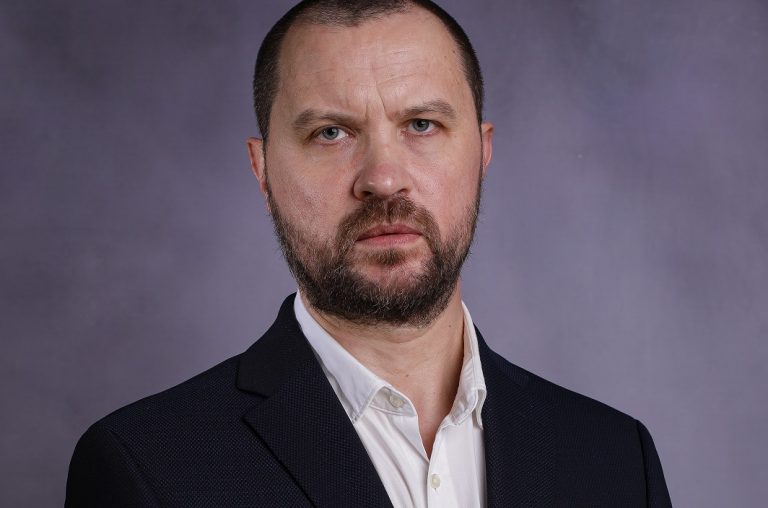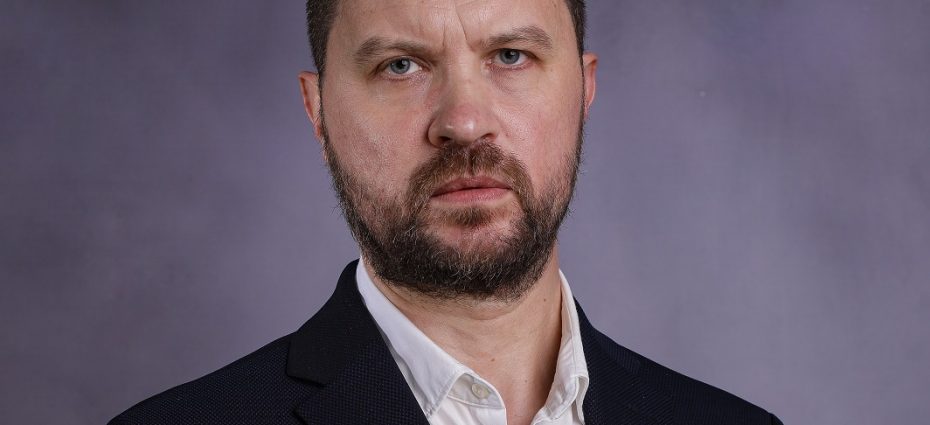
The significance of the private meeting between Marcel Ciolacu and Viktor Orban / What is changing in the Bucharest – Budapest relationship
The private meeting on Wednesday between Marcel Ciolacu and Viktor Orban took place at the request of the Romanian Prime Minister, facilitated by UDMR leader Kelemen Hunor. According to the Hungarian press, the meeting was organized in less than three days. Interestingly, it occurred on the same day the Balvanyos summer school began in Tusnad, where Budapest’s leaders traditionally reach out to the Hungarian community in Romania.
Urmărește cele mai noi producții video G4Media
- articolul continuă mai jos -
Marcel Ciolacu’s interest in establishing good relations with his counterpart in Budapest is undoubtedly linked to a major foreign policy objective of Romania: Schengen membership. If the government fails to secure membership this year, the only viable opportunity to bring the subject back to the agenda would be during Hungary’s tenure of the European Union presidency in the second half of the following year. Whether Hungary will effectively exercise that presidency is a different discussion, but that is the schedule for the rotating EU presidency.
However, it is worth noting that the second half of next year will witness crucial elections, including local, parliamentary, and presidential ones. The Council of Justice and Home Affairs is scheduled to occur just before the presidential elections.
Hence, it is evident that Bucharest has a vested interest in cultivating good relations with its neighboring Hungary, despite recent tensions due to Viktor Orban’s revisionist rhetoric, which some view as acting as a Trojan horse for Russia within the EU. This pragmatic interest largely explains Premier Ciolacu’s gesture of inviting the leader of an increasingly isolated country on the international stage to a private lunch.
The meeting is indeed a rare occurrence. The last time the Romanian and Hungarian Prime Ministers met was in 2010, during Emil Boc’s term as head of the Romanian government. Viktor Orban asserts that Romania’s accession to the Schengen area is in no way conditioned by him. Ultimately, opposing such accession would not only punish Romanians but also Hungarian citizens living in Romania. Additionally, Romania ranks as Hungary’s third-largest export destination.
However, it is common knowledge that this unscrupulous political player has used every card, every vote, and every opportunity to achieve his political objectives. Therefore, relying solely on declarations of good intentions may not be a foolproof strategy.
On the other hand, the Hungarian Prime Minister now has a strong interest in moderating his discourse and cultivating good relations with Romania. Viktor Orban hopes to develop large-scale investment projects together with the Romanian government, projects that have social and economic impact, such as a high-speed train between Budapest and Bucharest. With their assistance, Premier Orban aims to revitalize Hungary’s economy and, more importantly, reconnect to the European funds that Brussels has cut off, without which Hungary’s economy would collapse.
Moreover, Budapest has a significant interest in receiving natural gas imports from the Black Sea since it lacks domestic natural resources and heavily relies on Russian gas.
In addition, Viktor Orban also seeks to demonstrate domestically that he is not entirely isolated in Europe due to his pro-Kremlin stance following Russia’s invasion of Ukraine. Hungary opposes EU sanctions and sending military aid to Ukraine, claiming that peace is the only solution to prevent further conflict escalation—a discourse that aligns perfectly with Moscow’s interests.
The theme of peace also prevails at this year’s Balvanyos summer school in Tusnad, where Premier Orban is expected to deliver a speech.
Facing economic challenges, the Hungarian Prime Minister wrote on Facebook after the meeting with Ciolacu, „This is the beginning of a beautiful friendship.”
Premier Viktor Orban’s conciliatory message after the private lunch with Marcel Ciolacu reveals the desperation of a leader grappling with solutions for his country in dire straits. Today, the leader from Budapest faces a humbling reality: Hungarian citizens from the border area travel to Romania for shopping because prices are lower for almost all goods, while Hungarian engineers prefer to work for Romanian companies as they offer better salaries.
For years, the situation was reversed, as Hungary’s economy used to be stronger than Romania’s. Now, Bucharest has surpassed Budapest in most macroeconomic indicators.
This political and economic conjuncture compels the two countries to foster better relations. Thus, there is a rare premise for resetting bilateral ties. However, building a long-term relationship can only happen based on trust. Premier Marcel Ciolacu should make it clear to Premier Viktor Orban that trust cannot be restored if Hungarian officials continue to convey revisionist messages from Romanian territory or spread Russian propaganda.
If Viktor Orban wants any economic assistance from Bucharest, he must now abandon any narrative of revisionism. In the coming days, we will see if he understands this when he addresses the Hungarian community in Transylvania once more. Equally important is putting an end to any anti-Ukrainian and pro-Russian propaganda on Romanian soil and refraining from anti-EU rhetoric. Otherwise, nothing constructive can be built. Romania cannot ally itself with an anti-European state in projects funded by the EU.
Likewise, the Romanian government will need to reconsider its approach to the Hungarian community if Budapest chooses to change its tune.
The Ciolacu government now has an opportunity to play more assertively in its relationship with Budapest, conditioning its behavior and taking full advantage of Viktor Orban’s moment of political weakness. And UDMR might finally realize the significant error they made by leaving the government. The money from Budapest has run dry; the tap has been shut off. All along, Bucharest has been, is, and will be the solution. Kelemen Hunor surely grasped all these aspects when he facilitated or perhaps even proposed the meeting between Ciolacu and Orban.

Donează lunar pentru susținerea proiectului G4Media
Donează suma dorită pentru susținerea proiectului G4Media
CONT LEI: RO89RZBR0000060019874867
Deschis la Raiffeisen Bank




1 comentariu